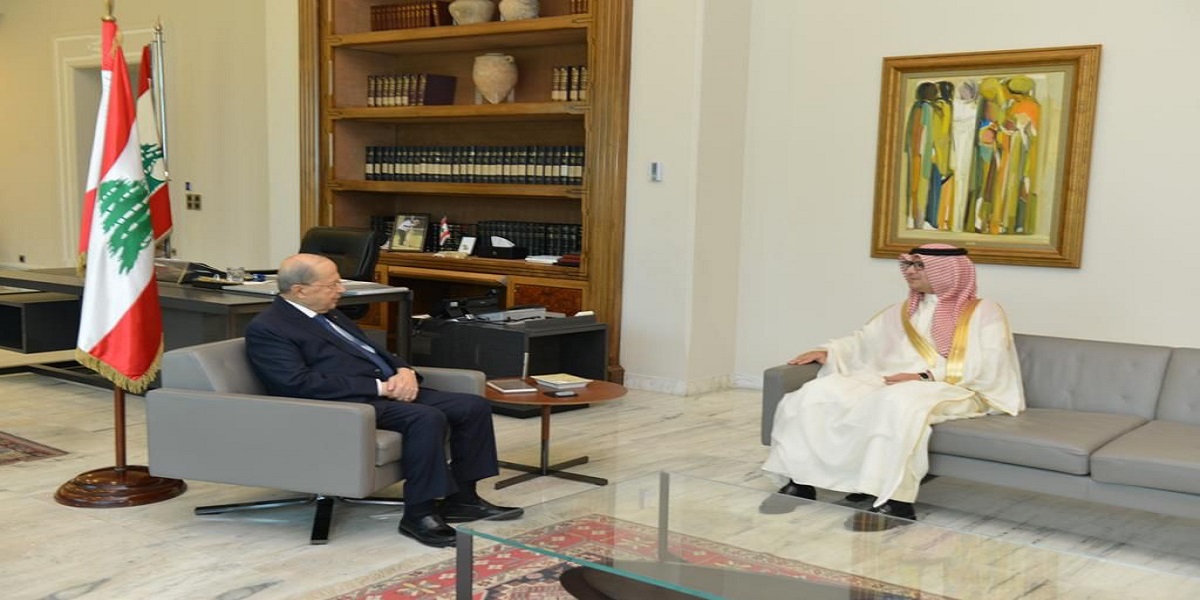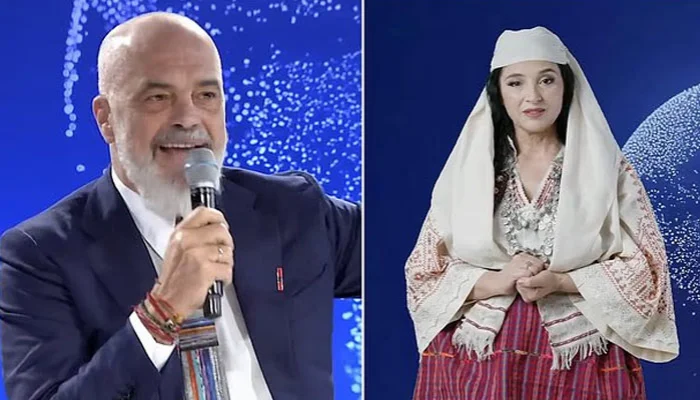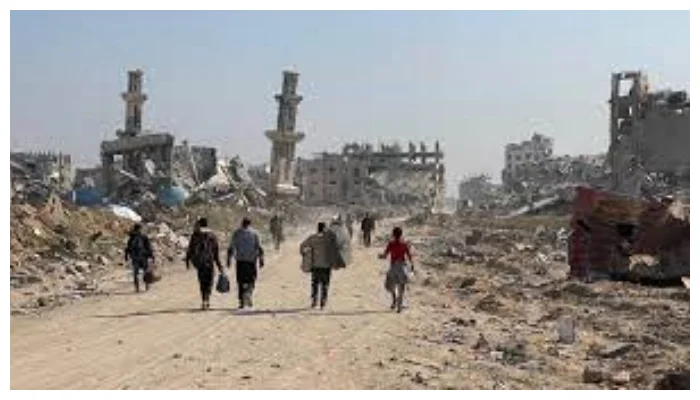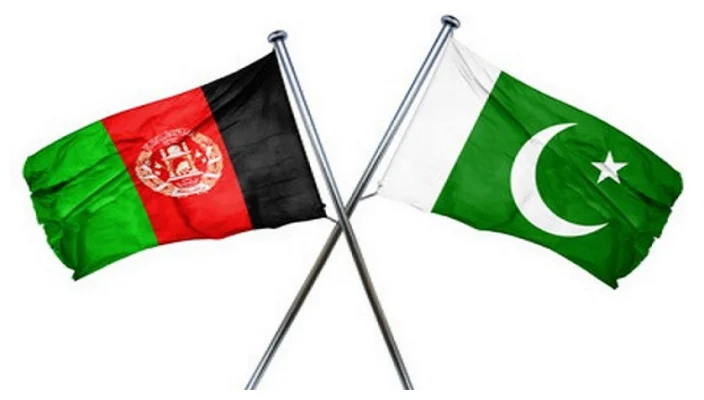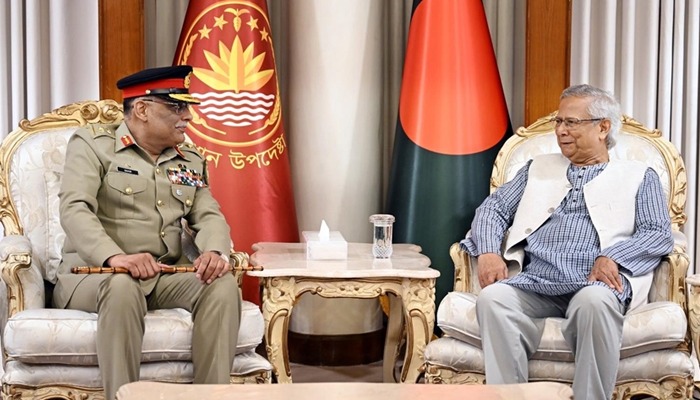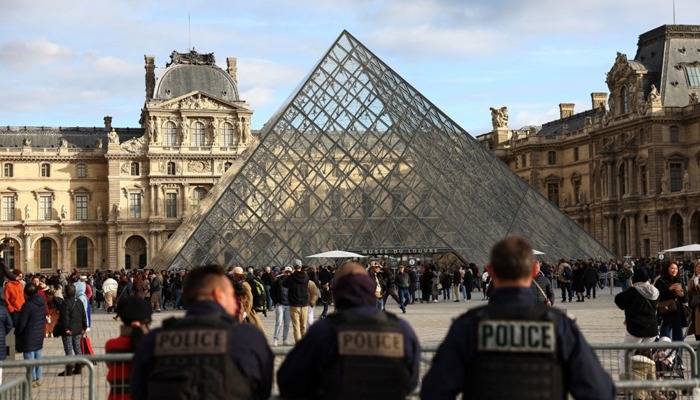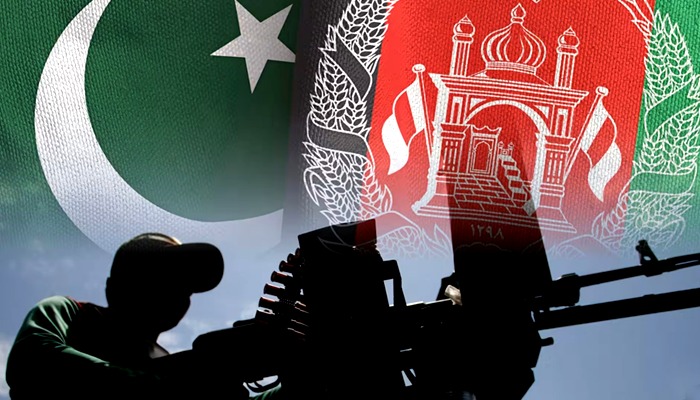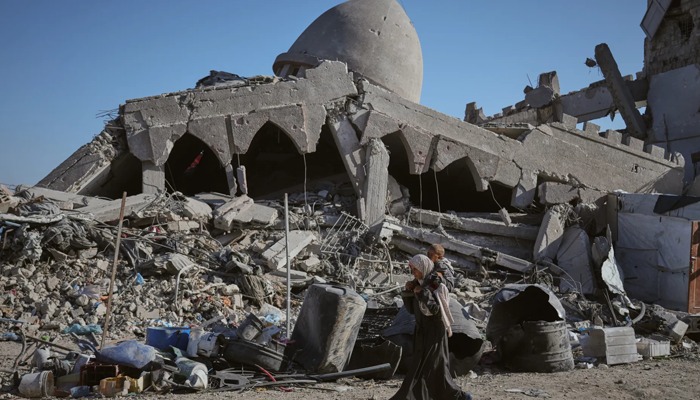Saudi Arabia has expressed it’s support for the humanitarian aid programme of Lebanon. Since its envoy returned to Beirut, Saudi Arabia has reiterated its support for Lebanon’s people and willingness to strengthen ties between the two countries.
“The Kingdom is intent on aiding the Lebanese people amid tough circumstances and improving relations between the two nations,” Saudi envoy Walid Bukhari told President Michel Aoun in a statement on Wednesday.
“The Saudi-French joint fund mechanism to provide humanitarian relief and achieve peace and development in Lebanon” was also brought up during their meeting, according to the president’s media office.
In October, Saudi Arabia, Kuwait, and other Gulf governments summoned their embassies in Lebanon to express their displeasure with disrespectful remarks made by former Information Minister George Qordahi about the Yemen war.
In March of 2021, Bukhari last saw Aoun. Following the failure of a cabinet formation effort led by former premier Saad Hariri and charges of process disruption exchanged between Hariri and Aoun, the two met.
When Bukhari returned to Beirut following his exile, he has met with religious leaders, current and previous leaders of the Lebanese government, and diplomats from across the world.
Both the ambassador of Kuwait and the ambassador of Kuwait to Lebanon have returned to Beirut. The return of ambassadors “indicates the success of Kuwait’s approach,” he said after meeting with Prime Minister Najib Mikati on Wednesday.
Lebanon and the Gulf states, he said, agreed that their long history came first and that “what occurred is in the past. The return of ambassadors will lead to deeper reconciliation and collaboration that benefits the brotherly countries.” He concluded by saying:
The 47th anniversary of Lebanon’s civil war coincided with Wednesday’s developments. Hariri said in a tweet: “The sorrow of the Lebanese is repeated in many ways.”
Joint parliamentary committees failed to pass the Lebanese capital control bill on Wednesday.
Finance and Budget Committee Chair Ibrahim Kanaan stated, “We are amending the present plan.”
Since Lebanon’s banking system was paralysed and depositors were frozen out of their US dollar accounts in early 2019, politicians have been unable to pass legislation.
The International Monetary Fund (IMF) has recommended that Lebanon implement formal capital controls in order to receive an aid package.
Bilal Abdullah, a member of parliament, said the document had “deficiencies and needed changes.”
According to him, these were: “The IMF terms are tough.” How will we deal with the public if we no longer subsidise grain and medicines? A bankrupt country’s parliamentarians have no business fighting it out for seats. Some people are obstructing the country’s recovery strategy from moving forward. Even when the country is insolvent, some forget that conversations with the IMF should not be halted.

